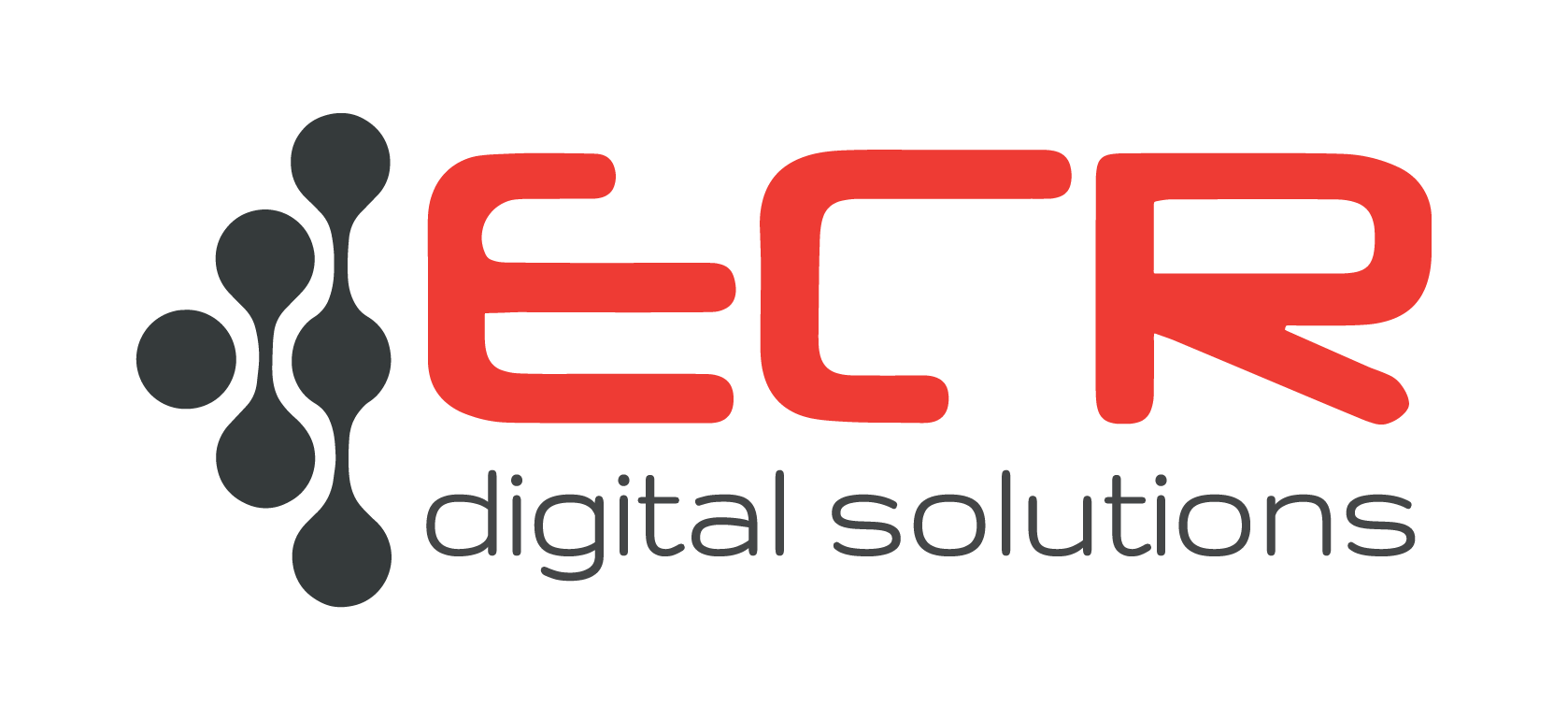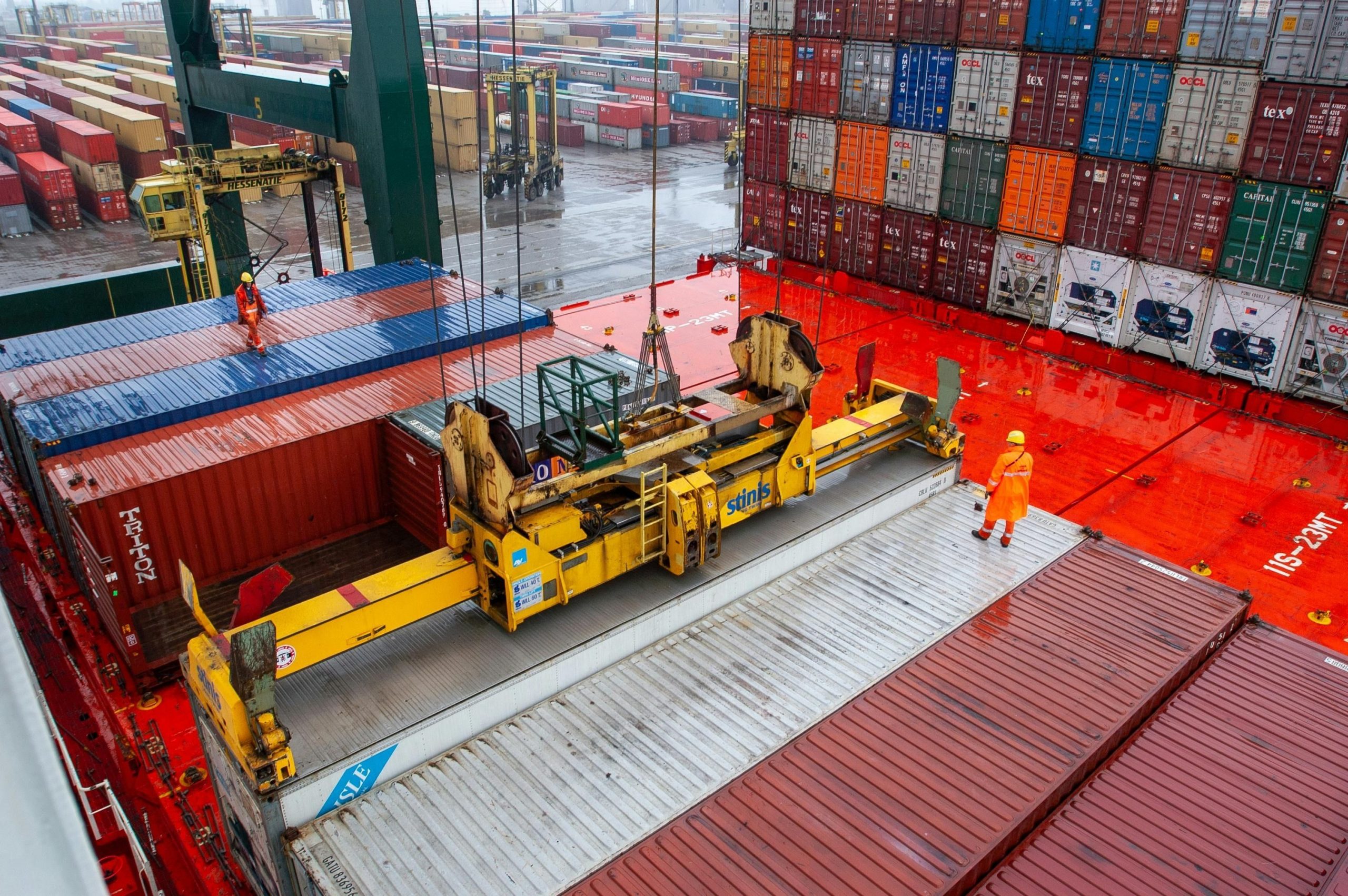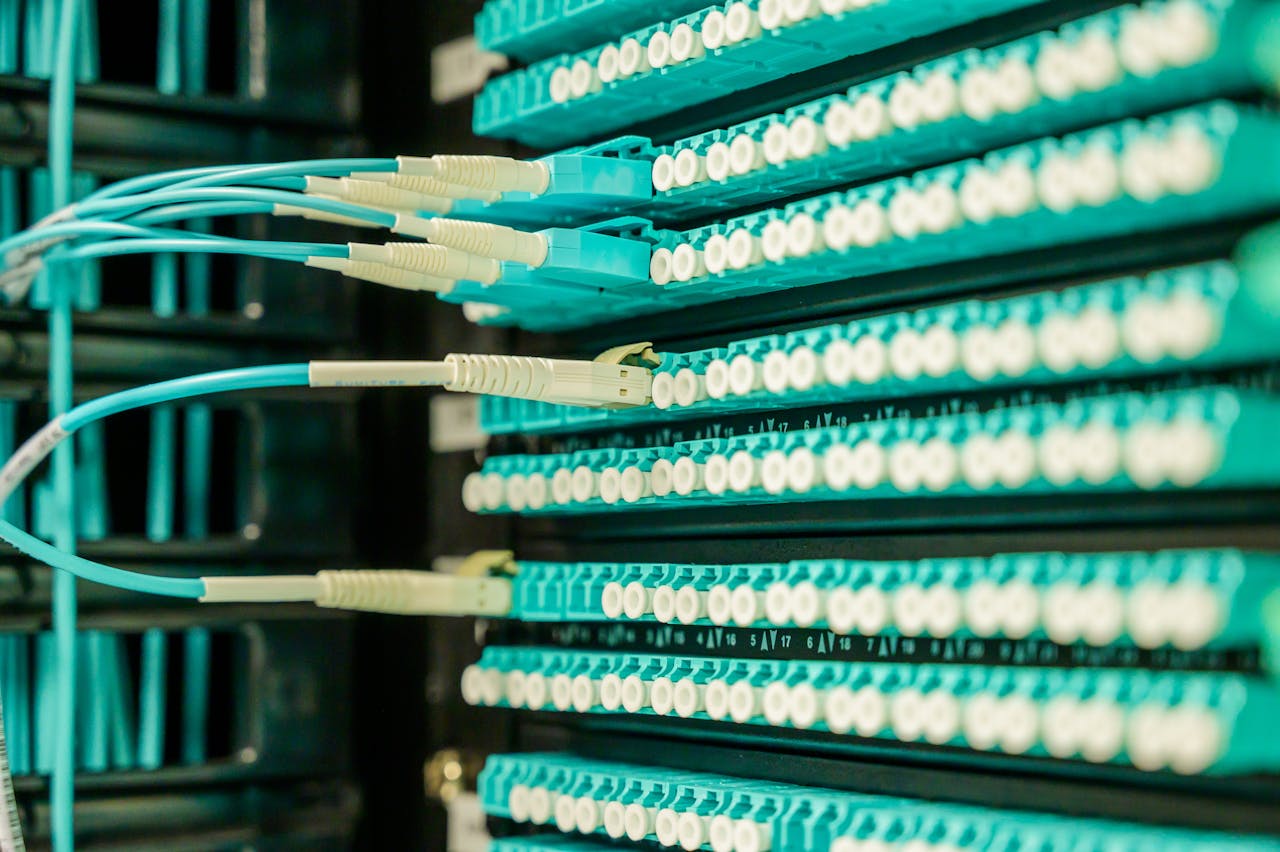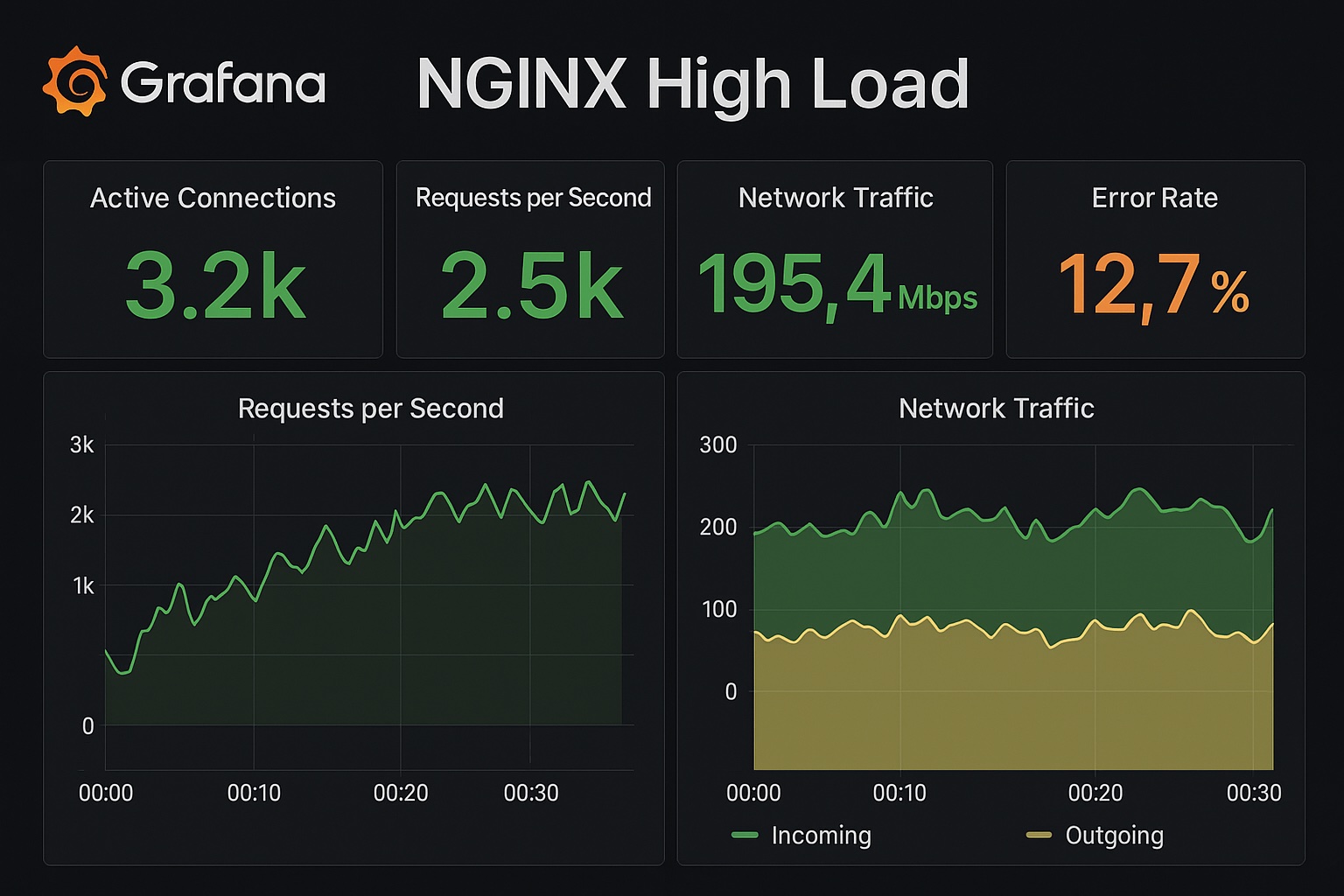Managing Port Staff: Best Practices and Solutions from ECR ERP For Logistics System
Thu 10/04/2025 15m read 685 views
10 Essential Features to Have in ERP for Rental Systems
In the fast-paced world of rental businesses—whether you’re managing car fleets, heavy equipment, or vacation properties—efficiency, organization, and customer satisfaction are key to success. An Enterprise Resource Planning (ERP) system tailored to rental operations can be a game-changer, integrating critical processes like inventory management, billing, and customer relations into one cohesive platform. But what makes an ERP truly effective for rental systems? Below, we explore the 10 essential features every rental-focused ERP should include to streamline operations and drive growth.
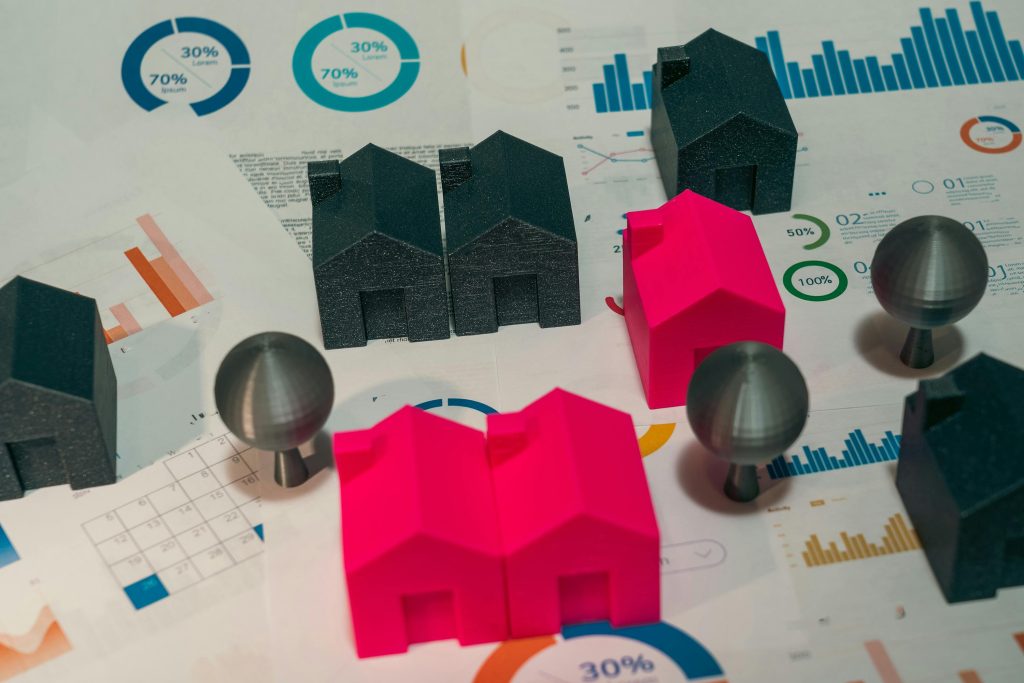
1. Asset Tracking and Management
At the core of any rental business are its assets. An ERP must offer robust asset tracking to monitor availability, location, and condition in real-time. This feature should include tools for scheduling maintenance, tracking depreciation, and managing asset lifecycles. For example, a car rental company needs to know which vehicles are out, where they are, and when they need servicing to avoid downtime and keep customers happy.
2. Reservation and Booking System
A seamless reservation system is vital for customer satisfaction and operational efficiency. This feature allows customers to book assets online or in-person, prevents double-booking, and sends confirmation notifications. It should also support modifications or cancellations. For instance, an equipment rental business can ensure a bulldozer is reserved and ready for a construction project, minimizing idle time and maximizing revenue.
3. Flexible Billing and Invoicing
Rental businesses often juggle complex pricing—daily, weekly, or hourly rates, plus add-ons like insurance or late fees. An ERP with flexible billing can handle these variations, automate invoice generation based on rental duration, and integrate with payment gateways for smooth transactions. Automated reminders for overdue payments further reduce revenue leakage, making this a must-have for profitability.
4. Customer Relationship Management (CRM)
Understanding your customers fuels growth. A built-in CRM module tracks customer data, rental history, and interactions, enabling personalized service and targeted marketing. For example, a property rental business could use CRM to offer returning tenants special rates, while a car rental company might send promotions based on past bookings, fostering loyalty and repeat business.
5. Reporting and Analytics
Data is power. An ERP should provide comprehensive reporting and analytics to offer insights into asset utilization, revenue trends, and customer behavior. Customizable dashboards can highlight peak rental periods or underperforming assets, helping managers make informed decisions. For instance, a bike rental business could use analytics to decide when to expand its fleet based on demand patterns.
6. Integration Capabilities
No system works alone. An ERP with integration capabilities connects seamlessly with tools like accounting software, payment processors, or GPS trackers. This eliminates data silos and reduces manual errors. A car rental company, for example, could sync its ERP with QuickBooks for financial reporting and a GPS system to monitor vehicle locations, streamlining operations across the board.
7. Mobile Access
In a mobile-first world, mobile accessibility is a game-changer. This feature lets staff manage operations—checking asset status, updating records, or assisting customers—from anywhere. Imagine a rental manager at a trade show confirming equipment availability via a smartphone, ensuring quick responses and operational flexibility.
8. Security and Compliance
Rental businesses handle sensitive data—customer details, payment information, and contracts. An ERP must feature robust security (e.g., encryption, access controls) and ensure compliance with regulations like GDPR or PCI DSS. This protects your business from breaches and legal risks, building trust with customers who expect their information to be safe.
9. Scalability
Growth is the goal, and your ERP should keep pace. A scalable system adapts to increased asset volumes, new locations, or expanded services without sacrificing performance. For example, a small tool rental startup that doubles its inventory or opens a second branch needs an ERP that scales effortlessly, avoiding costly overhauls down the line.
10. Customer Portal
Empower your customers with a self-service portal. This online platform lets them view rental history, book assets, update details, and make payments anytime, anywhere. It enhances their experience while reducing staff workload. A vacation rental business, for instance, could let guests book properties and pay deposits through the portal, streamlining the process for all.
Why These Features Matter
These 10 features address the unique challenges of rental systems—managing temporary asset use, ensuring availability, and balancing customer needs with profitability. While specific priorities may vary (e.g., equipment rentals might emphasize maintenance, while property rentals focus on lease terms), this list provides a solid foundation for any rental operation.
Conclusion
An ERP system with these features can transform your rental business, making it more efficient, customer-centric, and ready for growth. Assess your current tools against this list—are you missing any? Investing in the right ERP tailored to rental systems isn’t just a best practice; it’s a competitive edge. Explore solutions that deliver these capabilities, and watch your operations thrive.
Have questions or ready to upgrade? Dive into ERP options designed by ECR for rentals, and take your business to the next level!
Related articles
